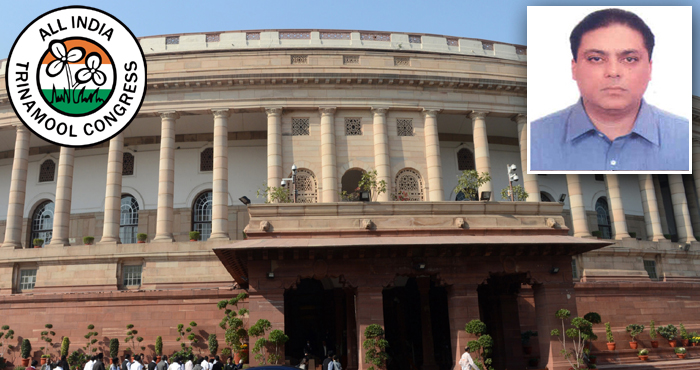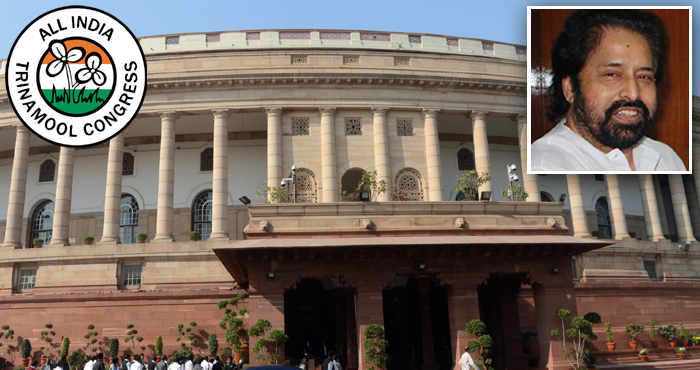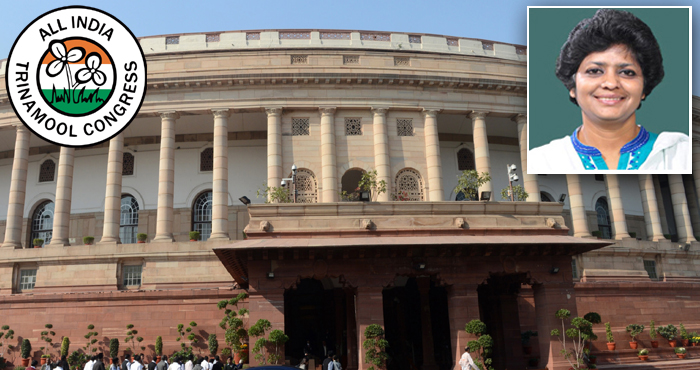FULL TRANSCRIPT
Sir, we support this Bill. In one sentence, what is this Bill? It is giving a long time for teachers to be trained. 2015 is taken retrospectively; so four years to that takes it up to 2019. I would have been happier standing here today if the Minister had brought this Bill in 2015 and allowed for four years; it would have given a better chance.
Sir, we do not indulge in politics with education when it comes to Bengal. So I’m going to make observations not only on this Bill, but beyond, because we have a chance today to speak on Right to Education.
So the first thing is, I hope we don’t have to come here in 2019 to again bring an amendment to this Bill to ask for another two years. The second option could be to obviously give that option to the State Governments. Sir, the Bill is not the issue or the Right to Education Act is not the issue. I think the ideation and implementation is where we have all failed collectively as parliamentarians, as parents, as teachers, as educationists. We have all failed. We have had a Bill; now let’s focus where we haven’t implemented the Bill well.
Sir, there is a survey which has been done. A class five student is actually the level of a class two student. Three out of five students in the third standard, Sir, cannot do a basic subtraction. Four out of five students, Sir, cannot do division. So these are the collective failures.
Sir, in Bengal, we have been very proactive with this. We have appointed 80,000 teachers in the last six years; 50,000 in the primary and about 28,000 in the secondary. Things are going well there, Sir. But, I wish to flag the first point about the time which you have given, which is two years.
I have three more basic points to make regarding the Right to Education. Sir, history is a great teacher. All my friends here, what were their views? 1976 is an important year, Sir. After the Emergency of 1975. Till 1976, education was a State subject. It was only in 1976, you come to your own conclusions, that it was put into the Concurrent List .
I hope that this Government, when they view education is viewing it as originally State List, now flipped into the Concurrent List. So the State sometimes needs to have the independence to take a call on RTE.
Let me give you one example: detention policy. My state policy is very clear, we have written to the Minister. We do not believe in automatic promotion. No detention is not the answer. We do not mean to deprive anybody. But our honest suggestion is that if the boys or girls are getting detained, we have to have special classes. We have to give them special inputs and then bring them up to the level. So our point on this is very clear.
Sir, I would like to thank the HRD Minister for clarifying one thing again. That caused a lot of concern – sometimes the media also has to be little more responsible. He did clarify later and I know he did. But I want to put it on record here, “NCERT books will be compulsorily in the CBSE curriculum”. Now that is again impeding on the rights of the States. But the Minister did clarify and I have no issues with that, Sir.
Sir, these exam boards, be it the NEET, where the CBSE made a complete mess – or now at least till 2 days ago I was hearing the ICSE board were trying to give examinations for class 5 students and class 8 students. Sir, this again goes against the principles of this Act because Section 30 of this Act clearly states “You cannot have children from classes 5 to 8…” So, this is where the States have a role to play.
Sir, the private schools are the favourite bashing boys or girls of all of us. As Vinay ji said correctly, the minority schools, quite correctly and rightly, have been kept away. Sir, we call them minority schools but actually they are the majority schools. They may be run by a minority community, say the Christian schools, but most of the boys and girls that go there, including so many of us in this House, have received a majority education.
Sir, I want to dwell a little on the private schools. Not to make a point for the private schools but this is what I firmly believe and passionately believe that to make this work we have to make it work together. I have got some suggestions and I don’t have the answers to all of them but maybe the minister can meet the stakeholders and look for these suggestions.
What happens in a school where there are 400 students in Class 1? 100 have to be as per RTE and 300 regular. Now, if 100 students are not taken, what will you do? These seats remain vacant and you cannot ask the schools to fill them up with regular students. I say we need to talk to schools because private schools have to take this up as a responsibility.
Sir, the private schools as per the Act, can take neighborhood students. The private schools have to look at this as a corporate social responsibility; they have to go out and look for students. Just putting up a notice in schools is not enough.
Sir, there are local officers today, and I say this with responsibility who are giving certificates, having children admitted into the schools and then taking flush money from them. Sir, this is not acceptable.
The fourth point, Sir, is regarding school uniforms. I know the Act says they don’t require uniform but once they don’t have uniforms they stand out. I don’t expect them to pay for the uniforms. I appeal to the private schools to please pay for those uniforms, make them look like the rest of you.
Sir, the last point is the most serious point. There are serious social, psychological issues of getting boys and girls from different economic backgrounds to sit together in a school. I do not have the answer but I think we need to discuss this, debate this and not bring any political points because at the end of it all, for the rights to education to be successful we need to do STEPP .
I know the Central Government love using different acronyms so I have one for them today as I end. We need to do STEPP.
S- the schools have a role to play,
T- the teachers have a role to play,
E – the educationist have a role to play,
PP – the parliament and the parents have a role to play.
I would appeal to the minister, if we can get these five stakeholders on board we can change the life of children in India. Thank you.






